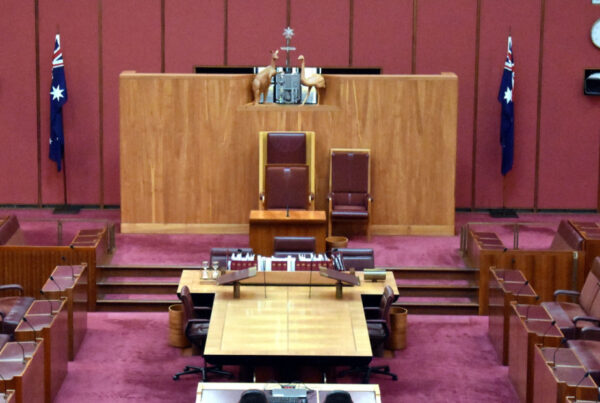Meddling with retiree super drawdowns is electoral folly

ANALYSIS
Much was made last week about a Treasury briefing paper proposing mandating a defined drawdown rate for retirees with more than $200,000 in their superannuation accounts.
It was duly noted that the Treasury briefing paper reflected much of the content of submissions generated by industry superannuation funds over the past two years and this is hardly surprising because the industry funds have been sharply focused on dealing with the reality of baby boomer accumulation turning to rapidly accelerating draw-down.
It should also be noted that all superannuation funds regulated by the Australian Prudential Regulation Authority (APRA) are having to deal with the reality of the Retirement Income Covenant (RIC) which requires funds to develop strategies to help retirees improve their retirement income outcomes.
In reality, the Treasury briefing paper was clearly developed as an extension of the RIC in circumstances where funds have struggled to turn theory into practical implementation – something noted by both the Australian Securities and Investments Commission (ASIC) and the Australian Prudential Regulation Authority (APRA).
The problem which politicians on both side of the Parliament have been trying to solve is that too many Australians with reasonable superannuation balances, fail to actually spend all of their balance before they die.
Thus, Treasury’s examination of a policy regime which might compel draw-downs is not that surprising but, as with most of the Government’s financial services policy musings, the electoral clock has run faster than Treasury’s ability to deliver more than a briefing.
And, in any case, the Treasury briefing paper may have never reached the Cabinet room in circumstances where compelling retirees to draw-down their superannuation risks falling into the same category as imposing a tax on unrealised capital gains.
The bottom line is that while Australians have accepted the tax beneficial status of superannuation means not accessing it until age 65, they are not going to be impressed by a government policy which dictates the rate at which they draw down money which is quite rightfully theirs.
The compulsory nature of superannuation justifies Government control of the accumulation phase but it certainly does not justify meddling with retiree’ ability to spend their retirement savings as they see fit.












Such a “shame” that the Government is unable to control the exact hour and date of your death…and so you will ultimately depart with funds still in your Super account. Financial Advisers would have a whole new strategy for effectively reducing tax on super…
This is about FUM retention.
Nothing to do with members needs.